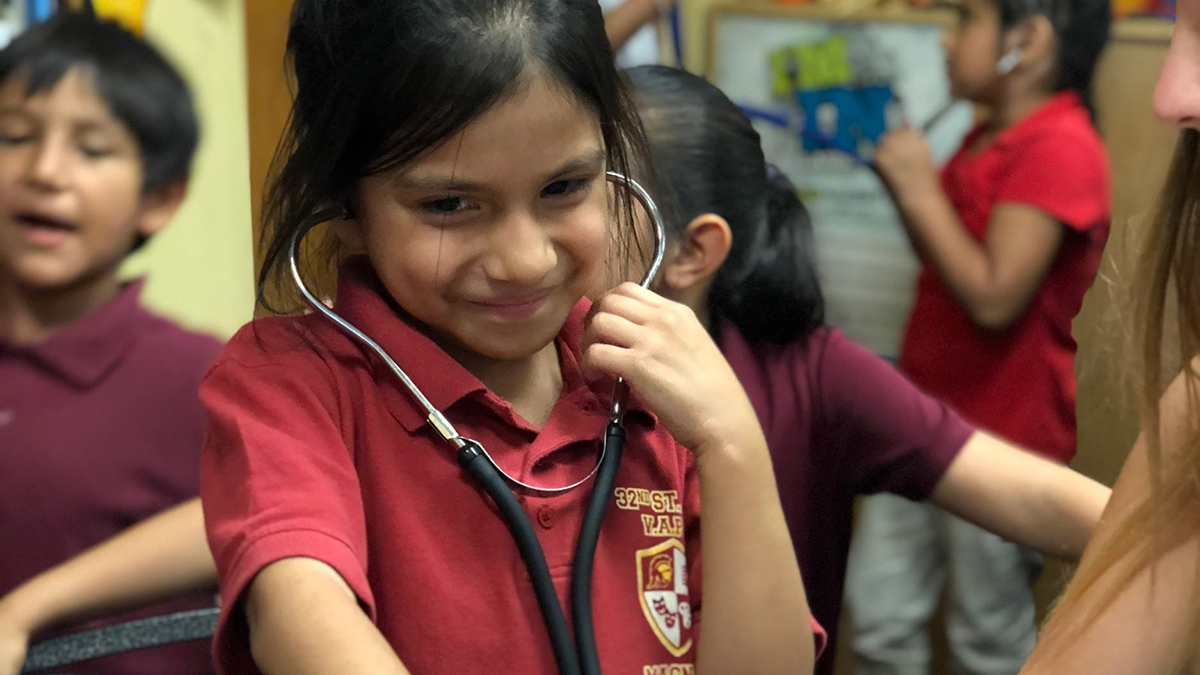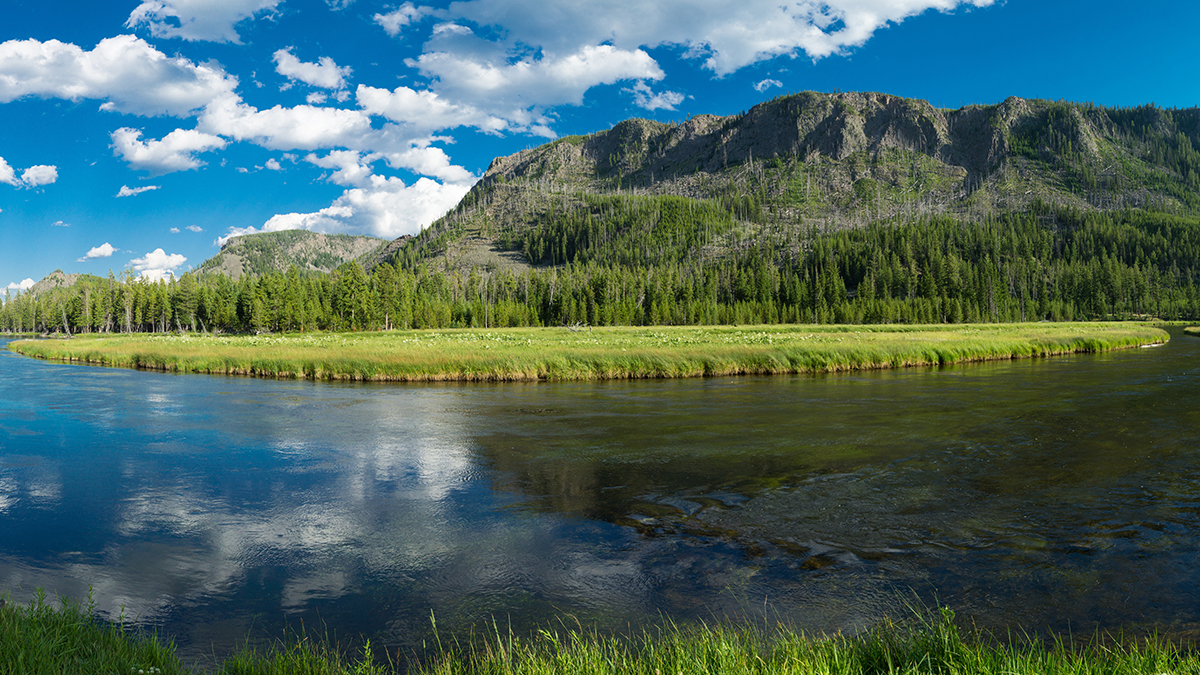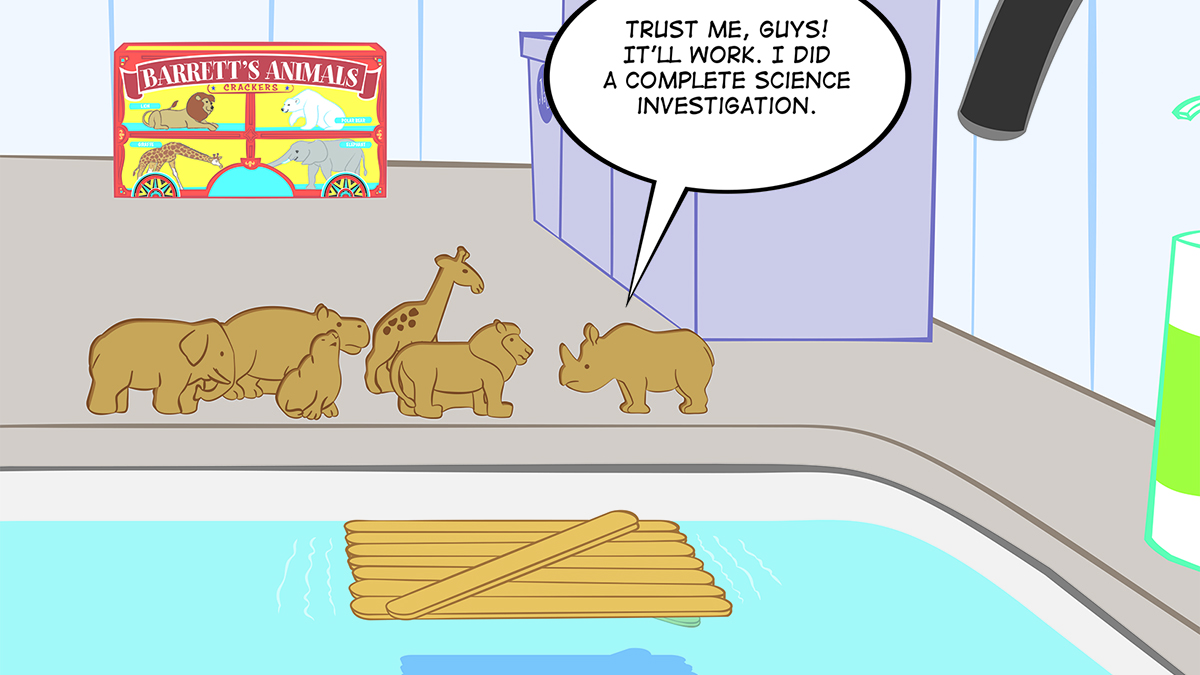Special Report
Social Justice Service-Learning at an HBCU
Transforming Courses in the Wake of COVID-19
Journal of College Science Teaching—May/June 2022 (Volume 51, Issue 5)
By Nastassia N. Jones and Francesca M. Mellieon-Williams
Integrating social issues into biology courses may be of particular interest for educators seeking to create inclusive science environments that support diverse populations. This social justice–focused service-learning project extended a partnership between a social justice institute and a nonprofit organization into an undergraduate introductory genetics course at a small, private Historically Black College and University. For this project, the foundation of gene expression and regulation in an introductory genetics course was used to link sustainable agriculture to food justice issues. In-class activities focused on introducing students to genetically modified foods and using bioinformatic tools to explore genes and proteins. Out-of-class opportunities exposed students to the benefits and impacts of sustainable agriculture. Students had a positive experience with the project and believed the service benefitted the community. As institutions of higher education consider what the educational structure should look like in the face of the COVID-19 pandemic and the new normal, projects such as the one described in this article can be used in alternative learning formats to continue best practices in education, such as active learning, which have been shown to work well for diverse groups of students.
Integrating social issues into biology courses may be of particular interest for educators seeking to create inclusive science environments that support diverse populations. This social justice–focused service-learning project extended a partnership between a social justice institute and a nonprofit organization into an undergraduate introductory genetics course at a small, private Historically Black College and University.
Integrating social issues into biology courses may be of particular interest for educators seeking to create inclusive science environments that support diverse populations. This social justice–focused service-learning project extended a partnership between a social justice institute and a nonprofit organization into an undergraduate introductory genetics course at a small, private Historically Black College and University.
Point of View
Why Do People Say, “I Believe in Science”?
Journal of College Science Teaching—May/June 2022 (Volume 51, Issue 5)
By Kristy M. Palmer
Many people in the general public say, “I believe in science.” Why don’t they say, “I believe in reading” or similar statements about other subjects? Perhaps people say, “I believe in science” because science is different than other subjects; the nature of science explains the difference. Science is tentative and based on the best empirical evidence available. All educators and administrators (not just science teachers) in K–12 schools set an example for children, and they should work to appreciate, use, and help students understand science. Learning about the nature of science should be required for all future teachers and administrators. Developing an understanding of the nature of science might help mitigate the effects of COVID-19 while setting an example for how society can use science to curb future pandemics and address other challenges.
Many people in the general public say, “I believe in science.” Why don’t they say, “I believe in reading” or similar statements about other subjects? Perhaps people say, “I believe in science” because science is different than other subjects; the nature of science explains the difference. Science is tentative and based on the best empirical evidence available. All educators and administrators (not just science teachers) in K–12 schools set an example for children, and they should work to appreciate, use, and help students understand science.
Many people in the general public say, “I believe in science.” Why don’t they say, “I believe in reading” or similar statements about other subjects? Perhaps people say, “I believe in science” because science is different than other subjects; the nature of science explains the difference. Science is tentative and based on the best empirical evidence available. All educators and administrators (not just science teachers) in K–12 schools set an example for children, and they should work to appreciate, use, and help students understand science.
Teaching Teachers
From Math Methods and Science Methods…To STEM Methods
How university courses were integrated into a more meaningful experience for preservice teachers
Science and Children—May/June 2022 (Volume 59, Issue 5)
By Lisa Douglass, Cherry Steffen, and David Pownell
Start With Phenomena
Growing With Phenomenon
Plant investigations pique curiosity and wonder
Science and Children—May/June 2022 (Volume 59, Issue 5)
By Tiffany Pace
Cross-curricular Connections
Cross-grade Collaboration
When students of different ages work together, social and emotional learning is enhanced
Science and Children—May/June 2022 (Volume 59, Issue 5)
By Debbie Ericksen and Rachel Glassman
Science 101
Q: What Makes a Great Science Investigation?
Engineering Encounters
I Will Survive
An Engineering Design Challenge for the Virtual Classroom
Science and Children—May/June 2022 (Volume 59, Issue 5)
By Kristin Cook and Jessica Ivy
Methods and Strategies
Useful Beyond Assessments
Science and Children—May/June 2022 (Volume 59, Issue 5)
By Sarah K. Benson, William J. Therrien, Gail E. Lovette, Christian Doabler, and Maria Longhi
feature
Diagnostics Through Sound
A module for introducing students to lung disease and pulmonology
Science and Children—May/June 2022 (Volume 59, Issue 5)
By Dieuwertje J. Kast, Surbhi Bansil, and W. Martin Kast

feature
Scientifically Modeling Water
An engineering design process unit for fifth graders through in-person and distance learning
Science and Children—May/June 2022 (Volume 59, Issue 5)
By Tina Vo, Rebekah Hammack, and Connie Michael




